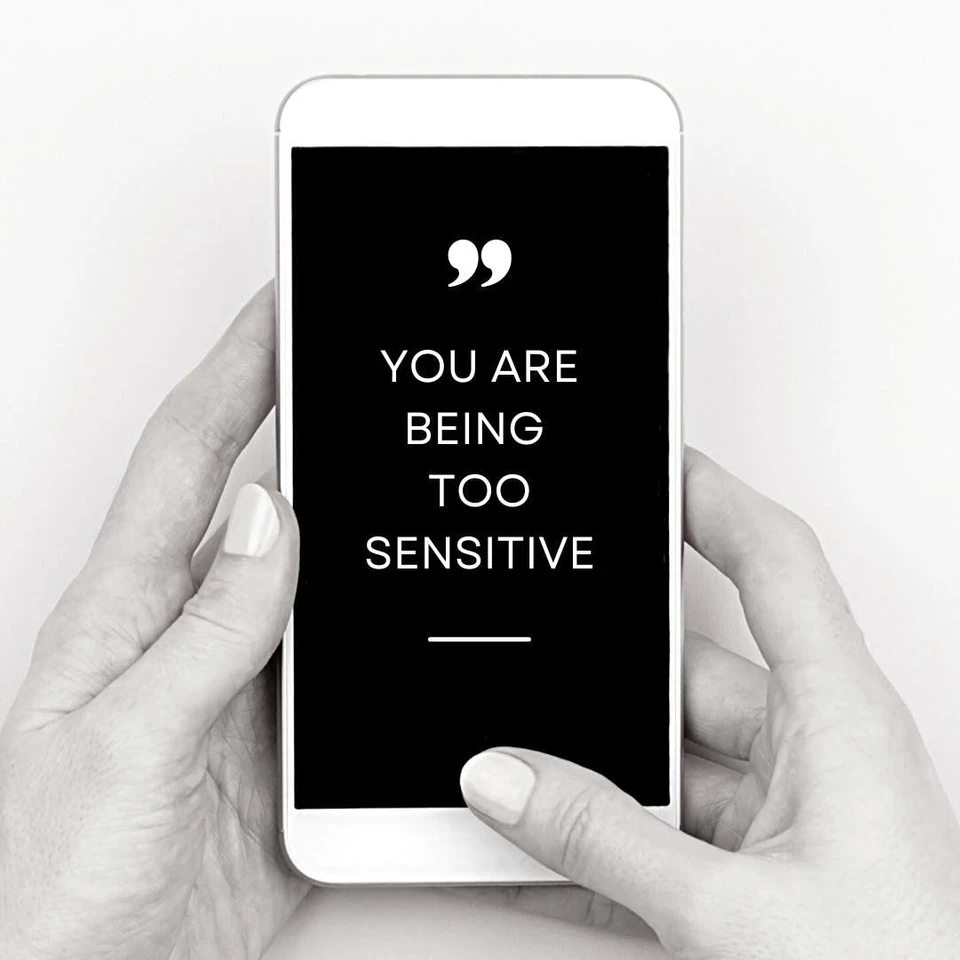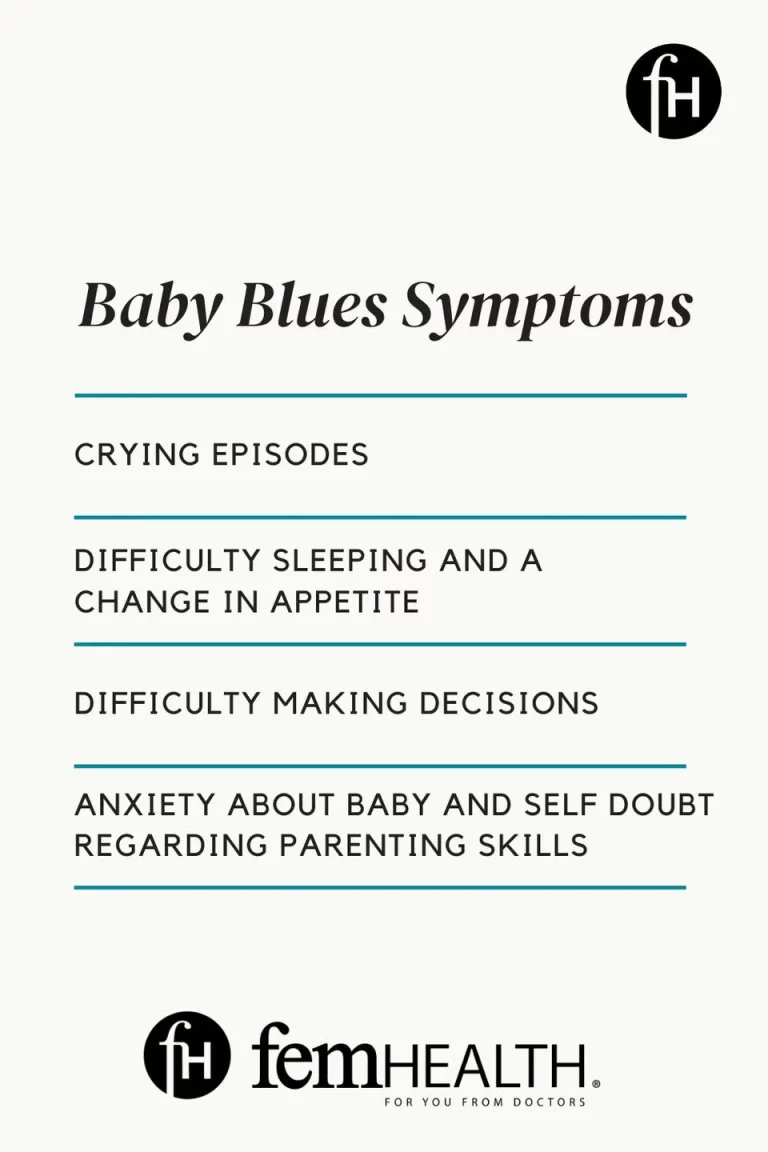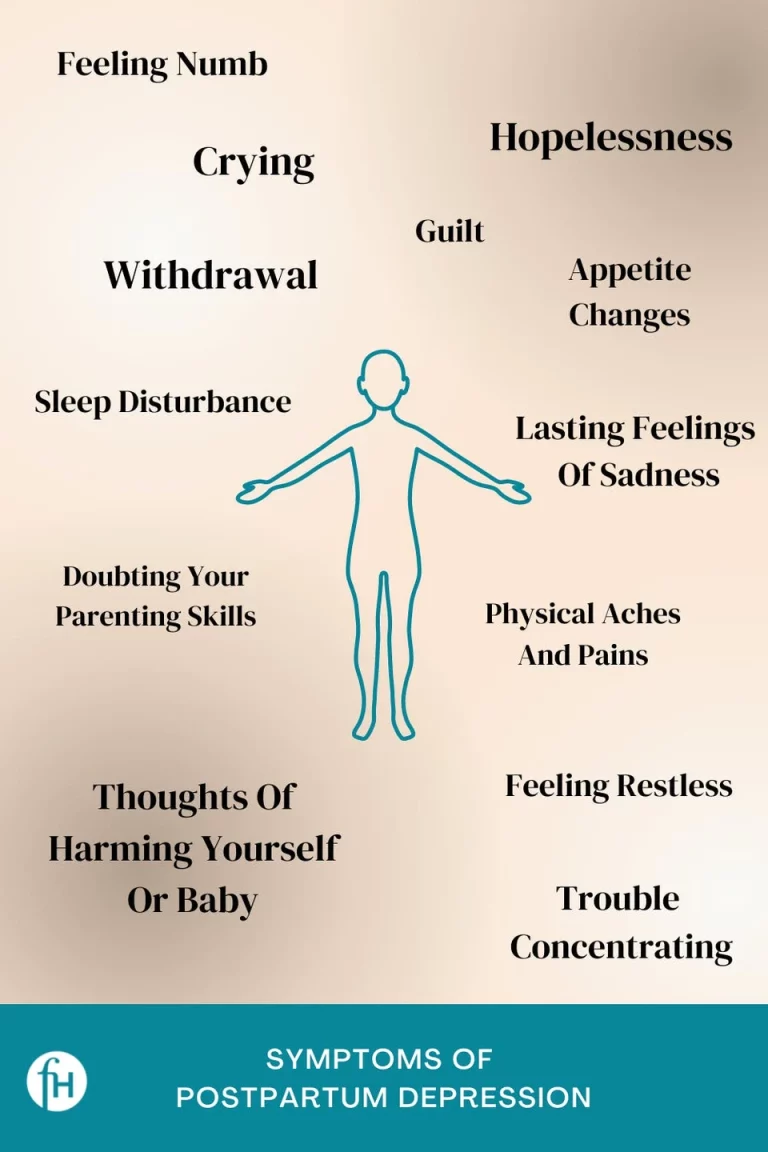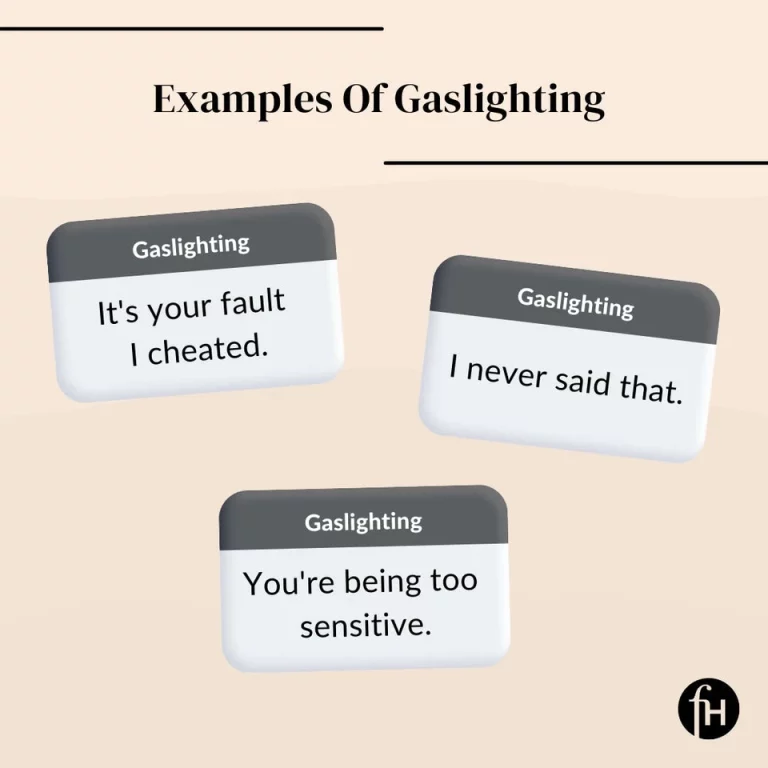Gaslighting In A Relationship
Is Gaslighting Abusive?
Yes. Gaslighting is a type of psychological abuse where the offending partner tries to convince their significant other that their thoughts and beliefs are wrong or mistaken. They want the person to feel as if they are being unreasonable and want to label their partner as being ‘crazy’ for having the feelings they are having.
Example Of Gaslighting
Gaslighting in a relationship, especially in a relationship where a man is gaslighting a woman, is one of the more common situations in which this type of emotional manipulation occurs. The following are gaslighting phrases that may be used by your partner.
“I never said that” or “I never did that”
By using this gaslighting phrase, your abuser will make you feel as if you are not correctly remembering the facts of a scenario or situation. An example of this could be if your partner flirts with someone outside your relationship or crosses boundaries but then completely denies that they did that. Denial is a common example of gaslighting manipulation. Perpetrators may blatantly lie, and will often avoid evidence that proves them wrong (1)
“You’re being crazy” or “You are being irrational” or “You’re being too sensitive”
The person will try to make their partner feel as if any emotional reaction such as sadness, crying or anger is inappropriate. They will turn a situation around in which they are wrong to making you feel as if you are person who has done something inappropriate or reacted incorrectly. Many victims of gaslighting are women who are manipulated by men. Many gaslighting techniques are rooted in associating femininity with being irrational (2), thus making women an easier target for this type of abuse.
“It’s your fault that I cheated” or “It’s your fault I lost my job” or “It’s your fault that I… (anything)”
Gaslighters will avoid taking blame for anything and will subsequently blame you for their bad behavior. This gaslighting phrase is used to make the victim feel guilty even though ultimately each person’s actions are their own choice.
Related: What Is Gaslighting And What You Can Do About It
“You’re a bad girlfriend” or “You’re a bad daughter” or “You’re a bad parent” or “You’re bad at your job”
Another example of gaslighting is when a person tries to attack someone’s entire identity. Sometimes they may attack the identity you have in the relationship you have with them, such as girlfriend or spouse, but oftentimes they will also attack the other parts of your identity as well. Especially if they know that you have a strained relationship with your child or with your parent, the abuser may use this to keep you feeling vulnerable or to make you feel inadequate.
Another example of gaslighting is when your partner waits or “forgets” to do things and intentionally makes you feel as less of a priority. They may even blatantly lie about their intent to do something and then not follow through to test you. All these actions allow them to maintain a perceived balance of power in the relationship. They want to push you to your limits and when you reach them and react, they can then call you “irrational” or “crazy” which then leads to you questioning your beliefs and thoughts.
Gaslighting In A Relationship: Take Home Points
Gaslighting can happen in any relationship including, but not limited to, a relationship between a boss and their employee, a parent and their child and even between friends. The most common example of gaslighting, however, happens in romantic relationships especially those between a man and a woman. This is because many men rely on manipulating a woman’s sense of femininity and equating it to being irrational. Sadly, gaslighting in a relationship can also occur alongside verbal, emotional, and physical abuse. Unfortunately, in most relationships where gaslighting is going on, it can be challenging to recognize as well as subsequently deal with. Many of these relationships are unable to recover from this type of manipulation.
Sources:
- https://academic.oup.com/monist/article-abstract/102/2/221/5374582?redirectedFrom=fulltext
- https://journals.sagepub.com/doi/abs/10.1177/0003122419874843
We discuss products we think are useful to people. If you buy something through our links, we may earn a commission. Remember to check with your personal physician to see if a product recommended is right for you.





